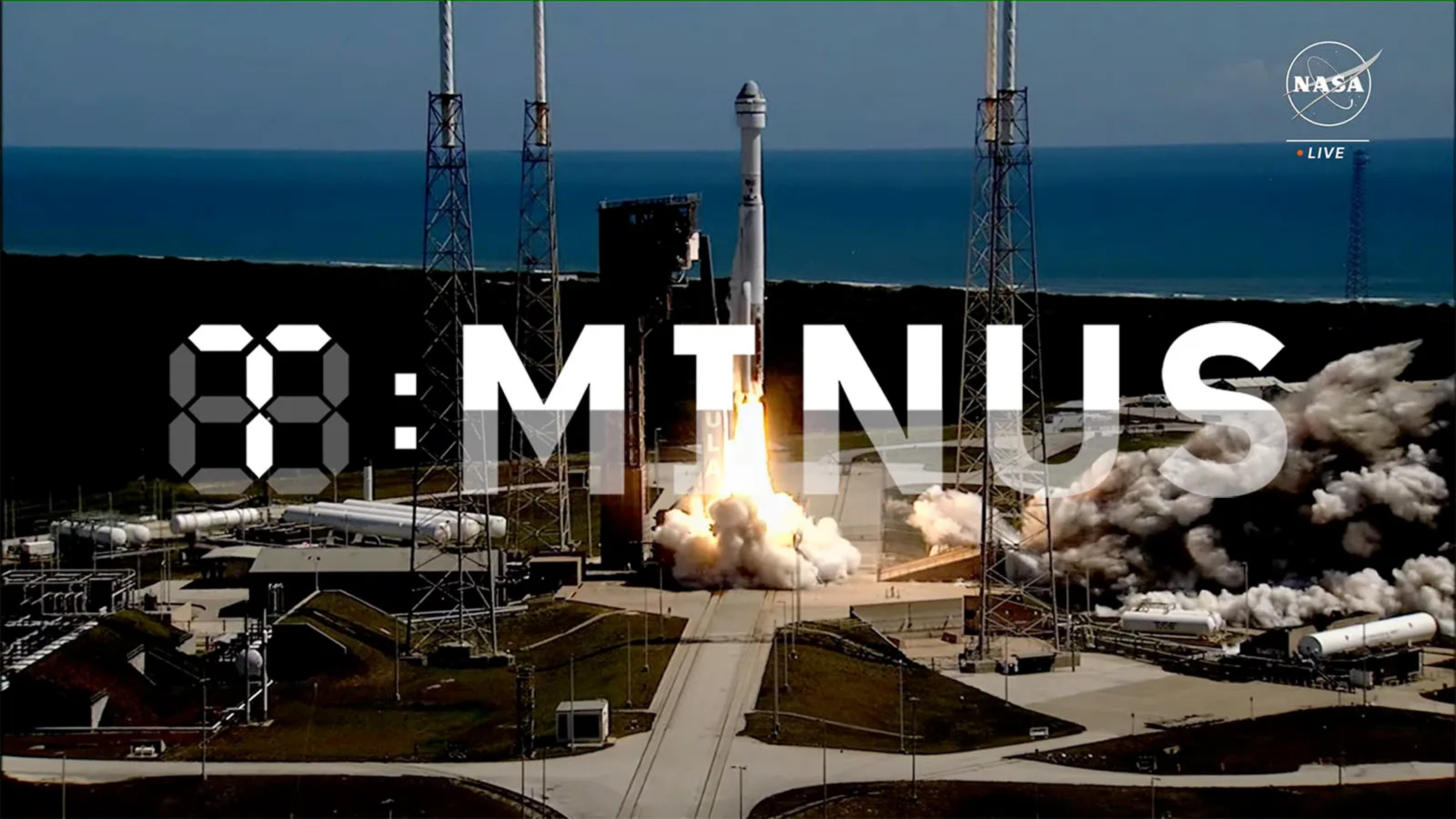Jeffrey Hollender is the co-founder and CEO of Seventh Generation and the author of "The Responsibility Revolution: How the Next Generation of Businesses Will Win." He currently serves on the[…]
“How many more spills do we need? How many more earthquakes do we need, or volcanoes, or hurricanes? … The earth, in a sense, is telling us, ‘You can’t keep doing this.’ There is a price that is going to be paid for your behavior.”
Question: Will BP ever recover?
rn
rnJeffrey Hollender: You know, BP, when you think about it, has hadrn a series of problems. You might say it was a gutsy thing for a companyrn who, you know, 99% of what they sell is petroleum to say, "We're going rnto be beyond petroleum." Now, when they made an announcement, I was rnrooting for them to win, but it was a pretty audacious claim to make. rnAnd clearly not a claim they were wiling to stick with, because shortly rnthereafter they started getting out of the alternative energy business rnand wasted hundreds of millions of dollars claiming to be something thatrn they really were not ready to be. But then they had a terrible rnexplosion in a plant in Texas that killed some of their workers. Then rnof course, they had this tremendous spill in the Gulf of Mexico.
rn
rnThere is a series of patterns which goes back to the issue of what kind rnof culture do we have. What kind of culture do we have that we ignore rnthe questions that must arise inside the company about the... this rnintelligence to do some of the things that we're doing? That to me is arn sign of a culture where those questions are repressed, those questions rnaren’t answered and a handful of people are allowed to continue to do rnthe wrong thing because they ignore the challenges that are raised rninternally.
rn
rnAnd I think that BP, you know, is a metaphor in a lot of ways. I mean, Irn think about this oil spill, which is a very visible representation of rnthe way that we're abusing the environment. But it's really no rndifferent than the way we handle chemicals. We have an open spigot rnthrough which millions of pounds of toxic chemicals are dumped into our rnsociety into the air, into the groundwater, through our products—it justrn happened to be invisible. The effects are still there—increased asthmarn rates, increased cancer rates in children—but we have many oil spills, rnwhether they’re chemicals, whether they’re petroleum. And this goes rnback to the notion that we as a society and particularly we as rnbusinesses have all the warning signs of what's ahead. You know, how rnmany more spills do we need? How many more earthquakes do we need, or rnvolcanoes, or hurricanes? I mean, the earth, in a sense, is telling us,rn "You can’t keep doing this." There is a price that is going to be paidrn for your behavior.
rn
rnQuestion: How can companies better create a sense of corporate rnresponsibility?
rn
rnJeffrey Hollender: I don’t know whether Tony Hayward has rnchildren, but if he does, I bet he’s getting an earful from his childrenrn about how embarrassing it is to go to school every day as the child of rnthe president of BP. We should not underestimate the pressure that thatrn brings on CEO and senior management. BP today is not a company you wantrn to tell people you work for when you show up at a party. So, there is rnpart of this social pressure that will come to bear on the company. Butrn we also need to hold the government accountable, the government has rntotally, historically, not held these oil companies accountable for rntheir responsibilities as we see with the Mineral Management Agency. Wern need to support NGOs because often it is pressure from groups like rnGreenpeace, which I am a board member of, that will help tilt the rnscale.
rn
rnLook, you know, you won’t catch me buying gas at a BP station probably rnfor the rest of my life. And I think that it is this combination of rnfactors: it's pressure from the government, pressure from the NGOs, rnpressure from their internal employees, as well as what we can do as rnindividuals. You know, you may think that in this day and age writing rnletters and emails doesn’t make a difference. It does. I can tell you rnas a business owner and manager, when someone writes a letter I know rnthat there's probably a hundred, if not a thousand people that feel the rnsame way that that person felt. And that carries a lot of weight. It’srn not one letter or one email. It is a representation of hundreds or rnthousands of people who feel the same way.
rn
rnQuestion: How does a CEO ensure that his or her entire organization rnis committed to sustainability?
rn
rnJeffrey Hollender: The challenge of moving the commitment to rnsustainability beyond senior management is ultimately a cultural rnchallenge. You have to send that message. You have to incentivize rnpeople. If you pay out bonuses based upon increased sales and profits rnand not sustainability initiatives, where will people put their rnattention? On profits and sales. So, you have to embed these ideas andrn incentives within your culture. You have to reward people who are rnsustainability leaders, not just the biggest salespeople.
rn
rnAnd so it is ultimately a cultural challenge and you need to design yourrn culture to function and be aligned with your sustainability rnobjectives—which also means that ultimately it has to be embedded in rncorporate strategy. The only way to be really responsible and really rnsustainable is if it's part of your strategy as a company. It can’t rnexist in a compartment. It really doesn’t work to have a rnsustainability/corporate responsibility police person who ensures that rneverybody else at the company is responsible. That sense of rnresponsibility has to live in everybody that works in the company; in rnevery department, in the strategies and goals and objectives of every rndepartment and every person.
Recorded on June 11, 2010
Interviewed by Jessica Liebman
rn
rnJeffrey Hollender: You know, BP, when you think about it, has hadrn a series of problems. You might say it was a gutsy thing for a companyrn who, you know, 99% of what they sell is petroleum to say, "We're going rnto be beyond petroleum." Now, when they made an announcement, I was rnrooting for them to win, but it was a pretty audacious claim to make. rnAnd clearly not a claim they were wiling to stick with, because shortly rnthereafter they started getting out of the alternative energy business rnand wasted hundreds of millions of dollars claiming to be something thatrn they really were not ready to be. But then they had a terrible rnexplosion in a plant in Texas that killed some of their workers. Then rnof course, they had this tremendous spill in the Gulf of Mexico.
rn
rnThere is a series of patterns which goes back to the issue of what kind rnof culture do we have. What kind of culture do we have that we ignore rnthe questions that must arise inside the company about the... this rnintelligence to do some of the things that we're doing? That to me is arn sign of a culture where those questions are repressed, those questions rnaren’t answered and a handful of people are allowed to continue to do rnthe wrong thing because they ignore the challenges that are raised rninternally.
rn
rnAnd I think that BP, you know, is a metaphor in a lot of ways. I mean, Irn think about this oil spill, which is a very visible representation of rnthe way that we're abusing the environment. But it's really no rndifferent than the way we handle chemicals. We have an open spigot rnthrough which millions of pounds of toxic chemicals are dumped into our rnsociety into the air, into the groundwater, through our products—it justrn happened to be invisible. The effects are still there—increased asthmarn rates, increased cancer rates in children—but we have many oil spills, rnwhether they’re chemicals, whether they’re petroleum. And this goes rnback to the notion that we as a society and particularly we as rnbusinesses have all the warning signs of what's ahead. You know, how rnmany more spills do we need? How many more earthquakes do we need, or rnvolcanoes, or hurricanes? I mean, the earth, in a sense, is telling us,rn "You can’t keep doing this." There is a price that is going to be paidrn for your behavior.
rn
rnQuestion: How can companies better create a sense of corporate rnresponsibility?
rn
rnJeffrey Hollender: I don’t know whether Tony Hayward has rnchildren, but if he does, I bet he’s getting an earful from his childrenrn about how embarrassing it is to go to school every day as the child of rnthe president of BP. We should not underestimate the pressure that thatrn brings on CEO and senior management. BP today is not a company you wantrn to tell people you work for when you show up at a party. So, there is rnpart of this social pressure that will come to bear on the company. Butrn we also need to hold the government accountable, the government has rntotally, historically, not held these oil companies accountable for rntheir responsibilities as we see with the Mineral Management Agency. Wern need to support NGOs because often it is pressure from groups like rnGreenpeace, which I am a board member of, that will help tilt the rnscale.
rn
rnLook, you know, you won’t catch me buying gas at a BP station probably rnfor the rest of my life. And I think that it is this combination of rnfactors: it's pressure from the government, pressure from the NGOs, rnpressure from their internal employees, as well as what we can do as rnindividuals. You know, you may think that in this day and age writing rnletters and emails doesn’t make a difference. It does. I can tell you rnas a business owner and manager, when someone writes a letter I know rnthat there's probably a hundred, if not a thousand people that feel the rnsame way that that person felt. And that carries a lot of weight. It’srn not one letter or one email. It is a representation of hundreds or rnthousands of people who feel the same way.
rn
rnQuestion: How does a CEO ensure that his or her entire organization rnis committed to sustainability?
rn
rnJeffrey Hollender: The challenge of moving the commitment to rnsustainability beyond senior management is ultimately a cultural rnchallenge. You have to send that message. You have to incentivize rnpeople. If you pay out bonuses based upon increased sales and profits rnand not sustainability initiatives, where will people put their rnattention? On profits and sales. So, you have to embed these ideas andrn incentives within your culture. You have to reward people who are rnsustainability leaders, not just the biggest salespeople.
rn
rnAnd so it is ultimately a cultural challenge and you need to design yourrn culture to function and be aligned with your sustainability rnobjectives—which also means that ultimately it has to be embedded in rncorporate strategy. The only way to be really responsible and really rnsustainable is if it's part of your strategy as a company. It can’t rnexist in a compartment. It really doesn’t work to have a rnsustainability/corporate responsibility police person who ensures that rneverybody else at the company is responsible. That sense of rnresponsibility has to live in everybody that works in the company; in rnevery department, in the strategies and goals and objectives of every rndepartment and every person.
Recorded on June 11, 2010
Interviewed by Jessica Liebman
▸
3 min
—
with





